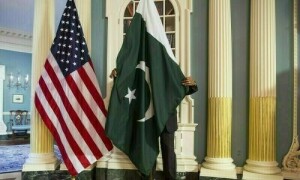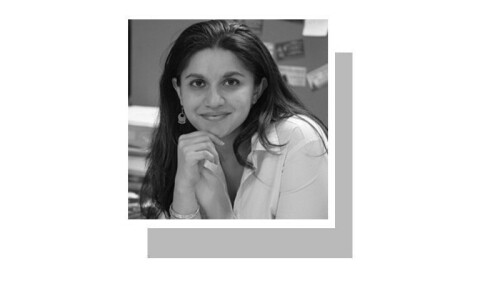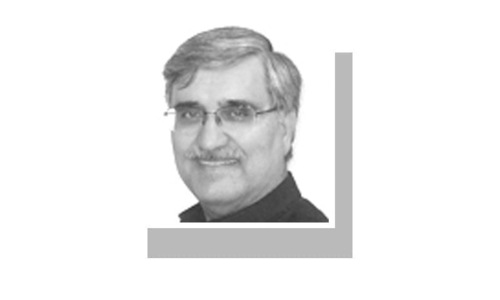EVEN in death, some courageously choose to offer others a second chance at life. The recent example of 23-year-old Sultan Zafar, whose kidneys were donated by his grieving mother — a doctor at the very institution (SIUT) where the transplants were performed — is deeply moving. In a moment of unimaginable personal loss, Dr Mehr Afroze chose to give two strangers the gift of life. This brave and selfless act deserves the highest recognition, as does the decision by Dawn’s own former staffer, Zubeida Mustafa, who donated her eyes after her recent passing. Such stories highlight not only individual courage but also the life-saving power of deceased organ donation.
The government has done well by announcing last year that a special logo will be added to the CNICs of registered donors. It is a welcome step towards normalising the practice. But much more needs to be done to build a culture of donation. First and foremost, information about how to register as a donor must be made easily accessible in hospitals, clinics and Nadra offices, and widely disseminated through media campaigns in regional languages. Doctors must be trained to initiate these conversations with patients and their families. Islamic scholars — who have already declared organ donation to be sadaqah-i-jariyah — must continue to reassure the public that religion supports this noble act. Every organ donor has the potential to save up to eight lives and transform many more through tissue donations. And yet, myths and misconceptions continue to stand in the way. It is time society collectively shed its hesitation. Acts like those of Sultan Zafar’s family — and countless unsung others — must not be the exception, but the norm. Choosing to become a donor is a profound declaration of hope, even in death. Let us honour those who have made that choice — and urge others to do the same.
Published in Dawn, August 1st, 2025









































